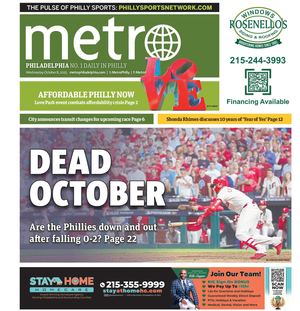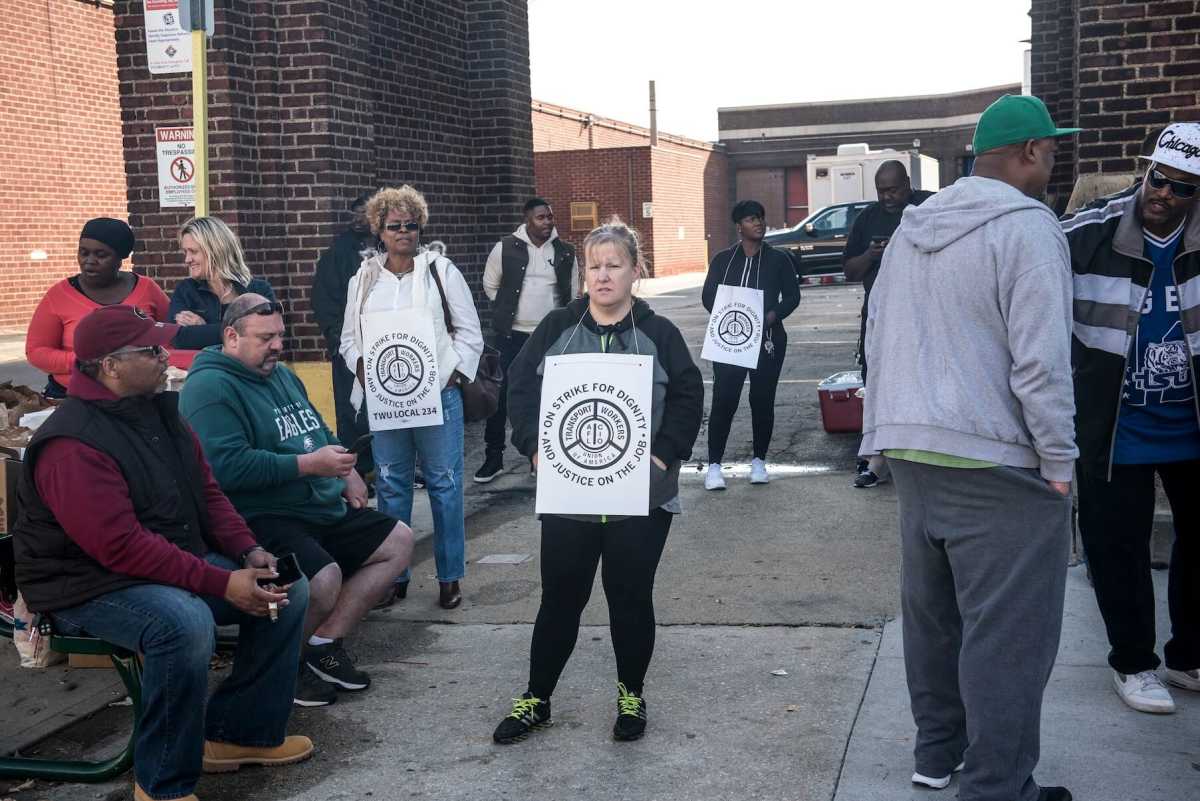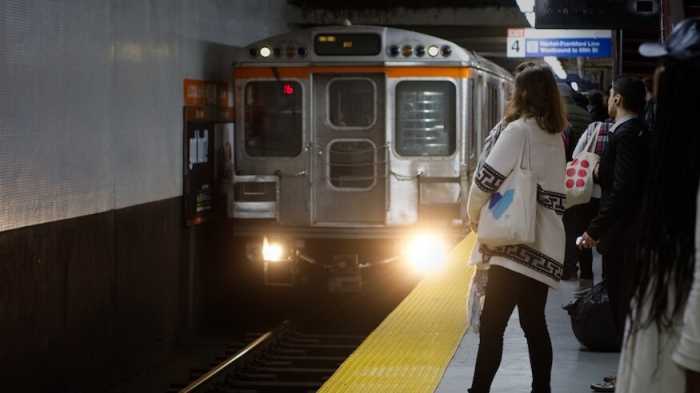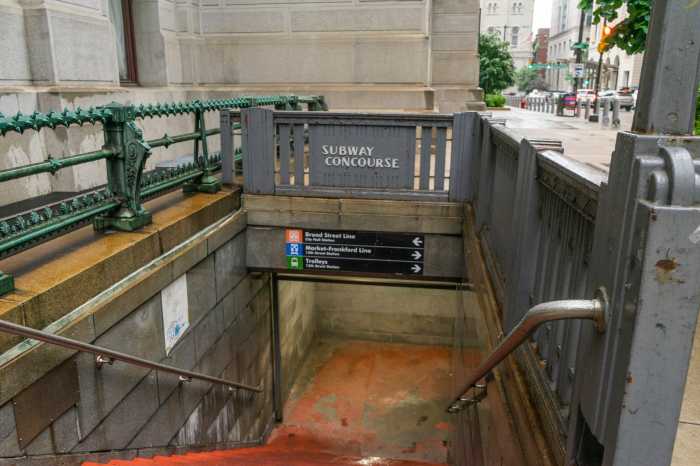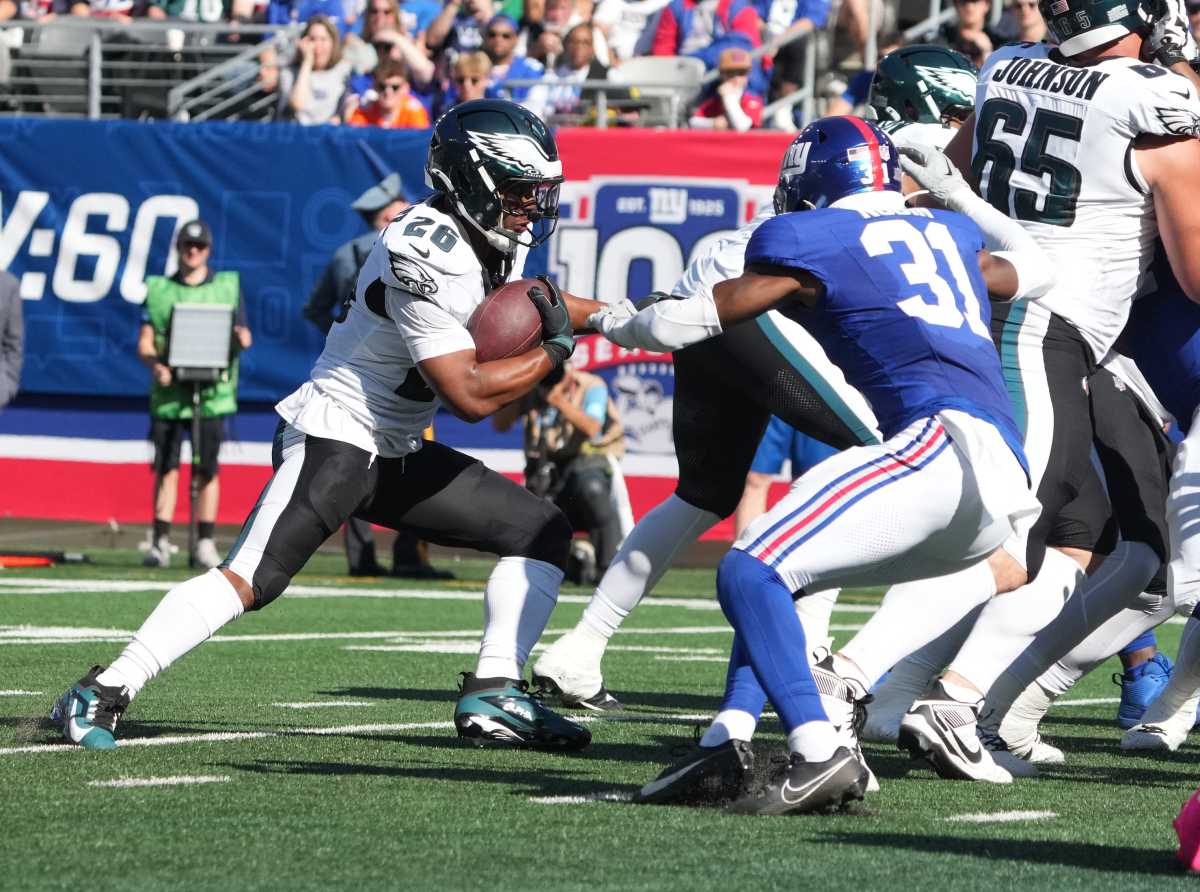More than 4,700 SEPTA workers could go on strike, virtually shutting down public transportation in Philadelphia, if labor negotiators don’t reach an agreement by the end of the month.
Talks have not been going well, Transport Workers Union Local 234 told members in a newsletter issued Thursday night, criticizing the transit authority’s proposals around pay, benefits and seniority.
“No sane person” wants a strike, Local 234 leaders wrote. The union, whose contract expires Oct. 31, has organized picket lines a handful of times over the last 20 years, most recently in 2016.
“In a contract negotiation, two weeks is still a long period of time,” SEPTA spokesman Andrew Busch told Metro. “Those talks will likely intensify coming up this week, and depending on what happens, the week after that as we hope to get to a resolution. We’re optimistic.”
SEPTA has offered two paths toward a new deal — a two-year proposal with wage increases, a special “pandemic payment,” and similar health benefits and a four-year agreement that accounts for a “lot of unknowns,” Busch said.
That latter offer seemed to offend union officials, who said it included no guaranteed pay increase. Instead, raises would be based on the authority’s “ability to pay,” Local 234 said.
“SEPTA’s wage offer is an insult to our intelligence and Local 234 cannot accept anything less than what was negotiated in other public sector contracts,” union leaders said in the newsletter.
Local 234 pointed to the authority’s federal pandemic relief money — $1.5 billion from three separate stimulus packages, according to Busch.
He said SEPTA has to stretch that money over several years to fill fiscal holes caused by coronavirus-related ridership drops.
SEPTA continues to lose about $1 million a day, Busch said, and ridership has recovered only to about 47% of pre-pandemic levels.
“There isn’t a big pool of money that we’re sitting on that gives us extra than we would normally have in a situation like this, and we still have a lot of uncertainty to come,” he said.
Local 234’s City Transit Division represents bus, trolley and subway operators, as well as mechanics, cleaners and other frontline workers.
Starting salary for bus and trolley drivers is $38,979, a number that rises to $65,811 after four years on the job. The average yearly pay, including overtime, is $76,270, according to SEPTA.
Wages for mechanics and other specialists range from $18.80 to $36.02 an hour, and custodians get paid anywhere between $16.38 and $23.26.
Another sticking point for Local 234 is a proposal to allow employees with “perfect attendance” for 12 months to add an extra three years of seniority to their resume when picking preferred vacations and job assignments.
Union leaders said this will punish workers with longer track records just because they legitimately have to call out sick.
“SEPTA’s perfect attendance proposal is an affront to the fundamental right of seniority and it will never see the light of day,” Local 234 said.
Busch declined to comment on negotiations about seniority.
Local 234 is also concerned about language included in SEPTA’s contract proposal that allows the authority to “utilize new technology, including autonomous vehicles,” according to the newsletter.
SEPTA workers are represented by more than a dozen unions, and provisions in the City Transit Division deal typically set the standard for the other contracts, some of which expire in November.
